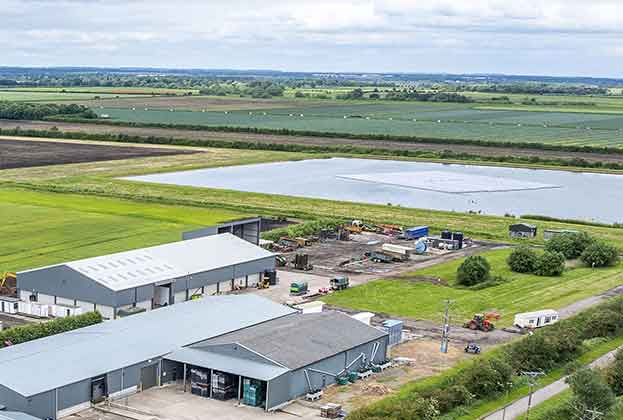The UK faces a shortfall in energy supply over the next decade as existing large power stations come offline with few planned replacements.
National Grid, which is responsible for maintaining the UK’s electricity network, is procuring reserve services, presenting the owners of standby generators with an opportunity to benefit from a relatively low risk income.
Smart grid companies manage this reserve capacity. Acting as an aggregator, they build a large portfolio of generators that will come online simultaneously to form a virtual power station when there is a national energy shortfall.
Any generators that can produce power on demand, such as diesel and gas engines, are eligible. The generator is connected to the national grid via an export connection. It is also upgraded to reach peak load within 30 seconds of being switched on and communications equipment is installed to allow it to be turned on at the right time remotely.
Operation is dictated by requests from National Grid. Typically this is during winter peak energy periods in the evening from 5pm-8pm and the morning from 7am-9am, but it could be at other times, such as during the televised World Cup Final.
For much of the time the generator won’t operate but the National Grid contract will still mean income is received. The smart grid company will monitor and operate the generator and collect income on an owner's behalf. This will be paid quarterly.
The smart grid company will also ensure the maximum value possible for the energy generated. A 1MW generator will earn a low-risk income of around £60,000 per annum after running and maintenance costs for a minimum three-year contract. The generator remains the property of its owner for the term of any agreement.
Further information
Contact Savills Energy Utilities & Infrastructure
.jpg)
.jpg)







.jpg)
.jpg)